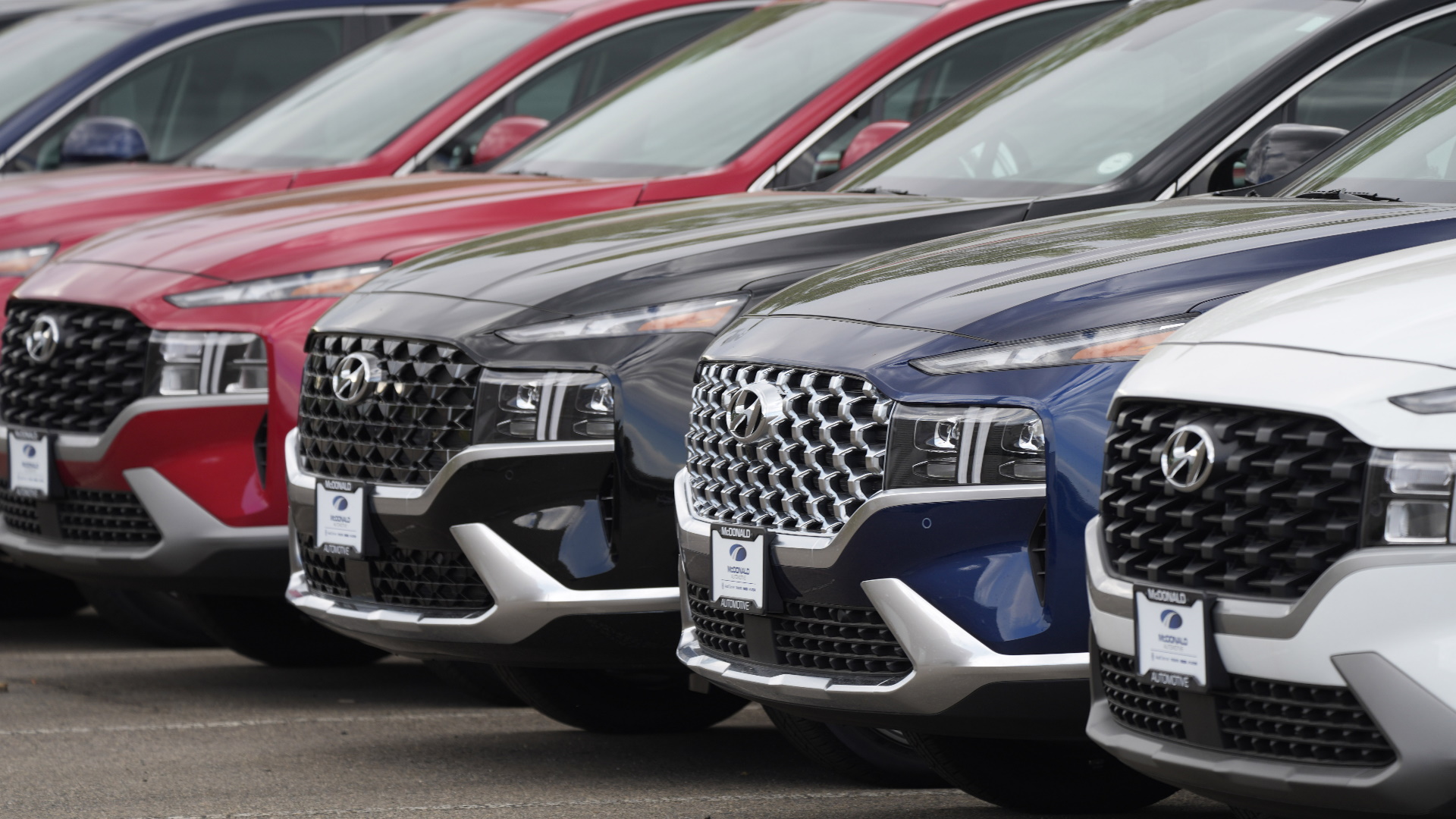

We may earn revenue from the products available on this page and participate in affiliate programs. Learn more ›
Yeah, the automotive chip shortage is still ongoing, and automakers are reacting in different ways both publically and internally. Essentially all of them are seeing temporary plant closures and production hits, but some have announced their plans to be more proactive than others in preventing this from happening in the future. One of them is Hyundai.
The Korean automaker’s global Chief Operating Officer Jose Munoz has stated the company’s intention to develop its own chips in-house. This is, of course, in order to cut dependence on outside semiconductor manufacturers. Munoz states that these companies have been reacting quickly to the ever-changing requirements of a world affected by the ongoing pandemic, but it wants to have more control over the situation. “We want to be able to develop our own chips within the group, so we are a little bit less dependent in a potential situation like this,” the executive explained to Reuters. “This takes a lot of investment and time, but this is something we’re working on.”
Munoz’s statement indicates that much of this development wouldn’t likely be done by the automaker itself, but by its wholly-owned parts supplier, Hyundai Mobis. The depth of the word “develop” is unclear, though. And while Munoz doesn’t explicitly state the automaker’s plans to mass-manufacture chips, the fact that much of this could be performed by its component manufacturing subsidiary indicates that it’s likely.
It’s worth noting that while Hyundai has needed to idle a few factories in response to supply shortages, it’s one of the few companies that has managed to increase global sales this year; the only two others are Toyota and Tesla. It’s unclear how long this increase will last for the former, though. It stockpiled vital resources like semiconductors following the Fukushima nuclear disaster, but it didn’t take long for that cache of chips to run out. It recently cut production by 40 percent in September.
And the picture is still far from rosy in the rest of the auto industry. General Motors, for instance, has been forced to remove a slew of features from a variety of vehicles, going as far as yanking its industry-leading driver-assistance feature Super Cruise from Cadillac’s flagship Escalade. Likewise, other automakers have been forced to make serious cutbacks as well. Hyundai might be making strides, but there’s still a long road ahead before things return to normal.
Got a tip or question for the author? You can reach them here: peter@thedrive.com
